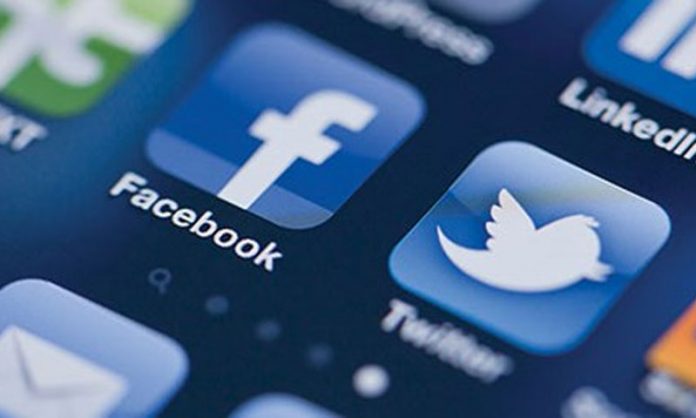WASHINGTON: Foreigners travelling to the US on visa waiver have been asked to provide their Facebook, Twitter and other social media accounts in a bid to spot potential terrorist threats, a media report said on Thursday.
The move designed to prevent terrorist threats have drawn oppositions from tech giants and privacy hawks alike, according to the report by online magazine Politico.
Starting this week, travelers have been presented with an “optional” request to provide information about their online social media accounts. “The prompt includes a drop-down menu that lists platforms including Facebook, Google+, Instagram, LinkedIn and YouTube, as well as a space for users to input their account names on those sites,” the report said about the new measure which was confirmed by the official sources.
The policy measure, according to the report, is aimed at enhancing ability to spot individuals who have ties to terrorist groups like the Islamic State. The idea which was floated last summer drew a sharp criticism by the Internet Association that represents companies like Facebook, Google and Twitter.
Those opposing the move are furious that the Obama administration ignored their concerns about the policy that threatened free expression and posed new privacy and security risks to foreigners.
“There are very few rules about how that information is being collected, maintained [and] disseminated to other agencies, and there are no guidelines about limiting the government’s use of that information,” Michael W. Macleod-Ball, chief of staff for the American Civil Liberties Union’s Washington office was quoted as saying in the Politico report.
The report said that a spokeswoman for Customs and Border Protection told the magazine that the policy measure was approved on Dec. 19 and is meant to “identify potential threats”.
Previously, the agency had said it wouldn’t prohibit entry to foreigners who didn’t provide their social media account information.
In a letter sent in August, the ACLU, Center for Democracy and Technology predicted that the burden of the move would “fall hardest on Arab and Muslim communities, whose usernames, posts, contacts and social networks will be exposed to intense scrutiny”.





